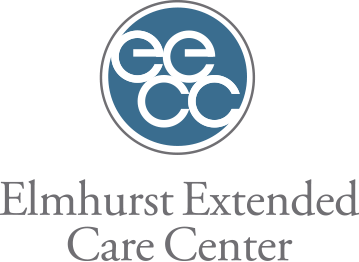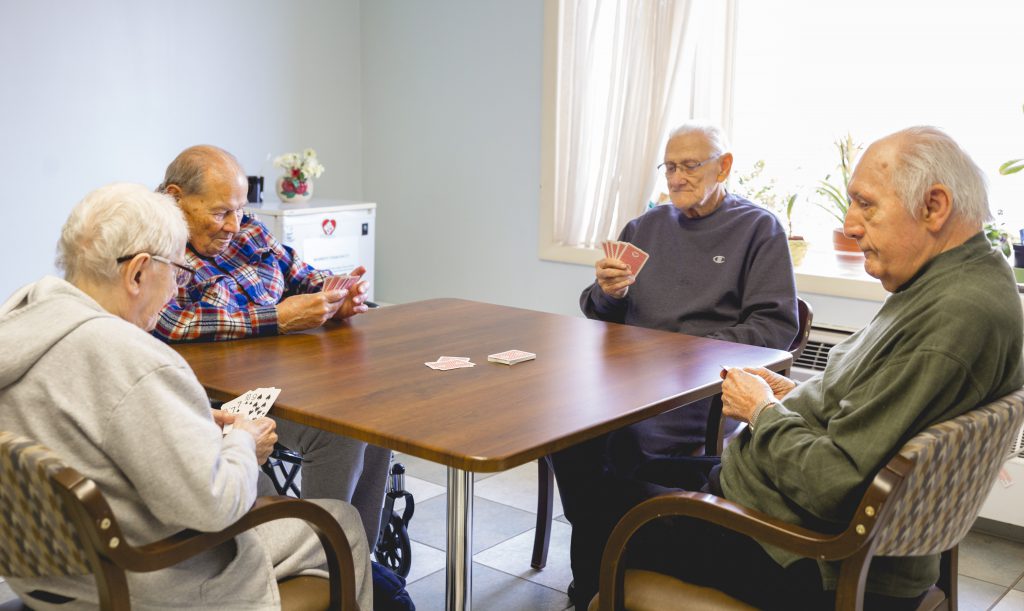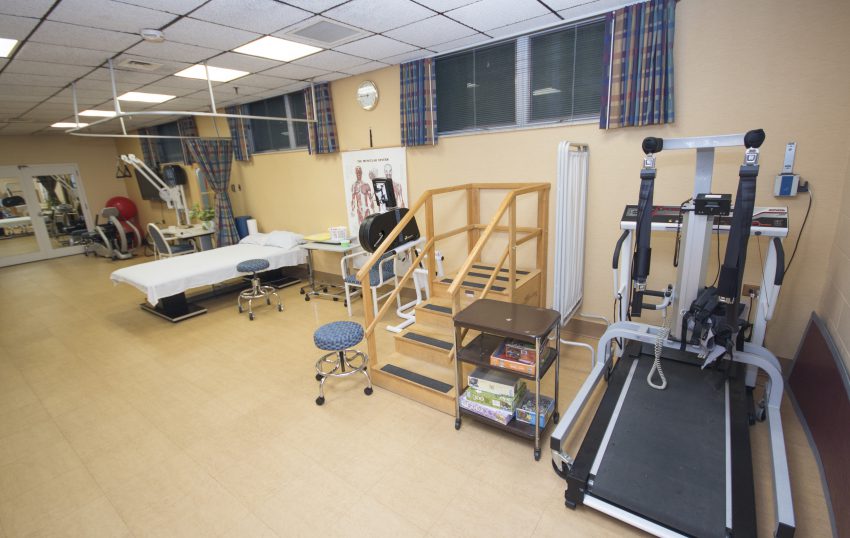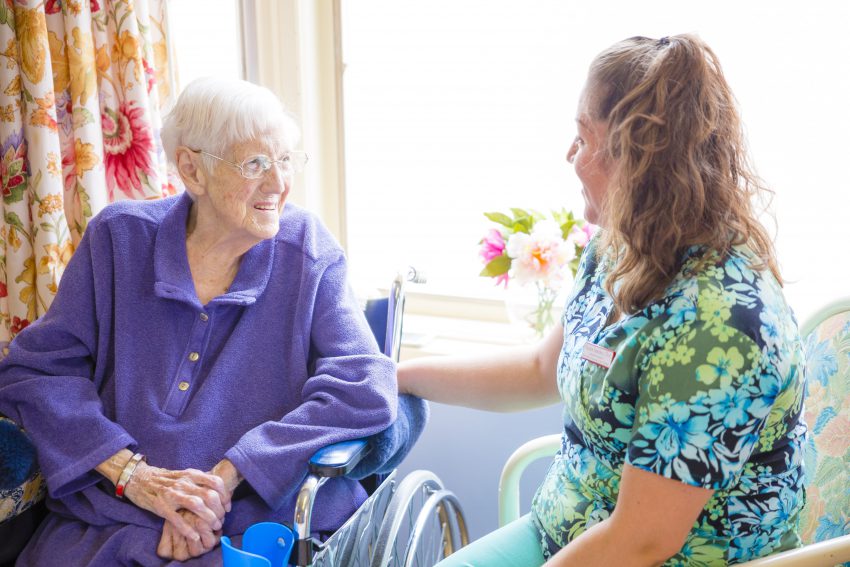Why Caregivers Should Take Advantage of Respite Services
Being a caregiver to someone else can be very demanding and requires more effort, time, and energy than most people realize. When our loved ones are depending on us for assistance, meal preparation, housekeeping, transportation, and regular daily needs, it can become cumbersome as we try to juggle these duties with our own lives.
At some point, you may find yourself feeling burnt out, mentally, emotionally, and physically fatigued, and desperately seeking a much-needed break. That’s where respite care services from Elmhurst Extended Care Center come in.
Allow Yourself a Break While Your Loved One Gets the Care They Need
When we aren’t at our best, it’s not possible for us to give our best to our loved ones. That can have a large impact in situations where we’re providing regular care for another person. While it may seem worrisome to have someone else take over your duties for a few days or even weeks while you recoup your energy, respite care services offer the ultimate advantage in ensuring you’re coming back to caregiving refreshed and renewed.
At Elmhurst Extended Care Center, your loved one will receive the same services and care that are offered to our long-term residents. It’s our goal to make sure you and they are secure in knowing that the care our skilled nursing team provides is held at the same exceptionally high standards for everyone that enters our facility, no matter how long or short their stay.
What You Need in Order to Take Advantage of Respite Care Services at EECC
Our dedicated staff members at Elmhurst Extended Care Center want to provide the best possible care for your loved one during their time with us. In order to do so, there are a few things we need before the respite stay can begin.
- A list of their current medications and dosages
- A copy of their health history from their physician
- A copy of their most recent physical from their physician
There is a 5 day minimum stay for respite care services at EECC in order to allow you adequate time for recuperation.
Respite Care – Not Just for When You’re Worn Out
While respite care is definitely favorable for those caregivers finding themselves in need of a break, it’s also a beneficial method for providing the skilled nursing care your loved one needs when other circumstances arise.
You may find yourself needing to go out of town for business or wanting to go on that family vacation you had planned before you became a caregiver. With respite care services from Elmhurst Extended Care Center, you’re able to take the time away you want and need while feeling secure in knowing your loved one is being well taken care of.
Have you thought about what happens if you get sick? Generally, individuals receiving regular care are at a higher risk for succumbing to illness. Respite care is a great way to allow them to receive the care they need while you get back to health.
If you’d like more information on how the respite care services at EECC can assist you in providing the care required while you’re away, give us a call today.




